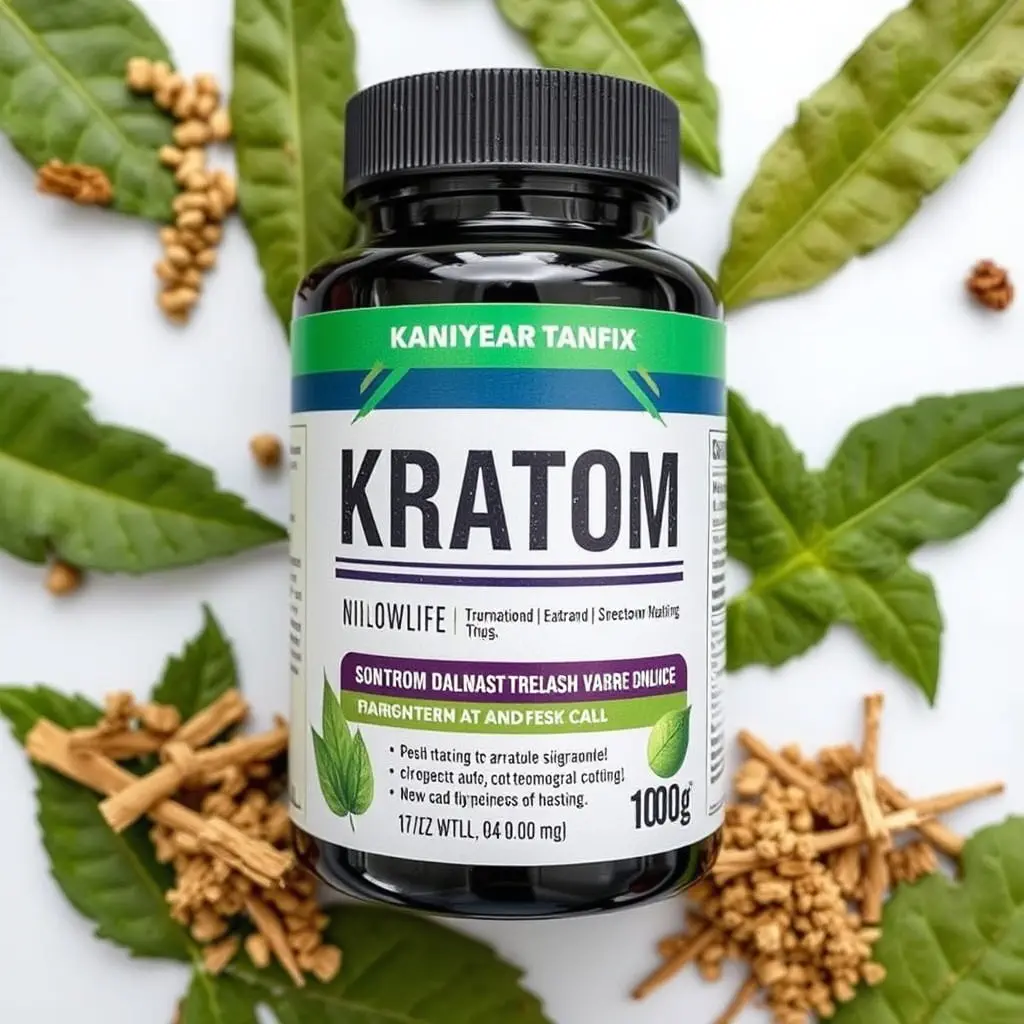Muscle soreness after exercise, known as delayed onset muscle soreness (DOMS), peaks 24-48 hours post-workout and can last days. Beetlenut exercises, focusing on varied movement patterns and progressive intensity, promote efficient recovery through balanced workouts, flexibility, warm-ups, cool-downs, and rest days. Beetle nuts play a vital role in ecosystems by aiding nutrient cycling and dispersing seeds, crucial for forest health and biodiversity conservation. Natural remedies like beetle nut extracts show potential in managing muscle soreness caused by intense exercise.
Feeling the burn after a workout? Muscle soreness can be a pesky side effect, but understanding its causes is the first step to relief. This article explores delayed onset muscle soreness (DOMS) and offers tailored strategies for recovery. From designing personalized workout plans that incorporate active recovery to nutritional tricks like proper hydration and anti-inflammatory foods, we’ll help you beetle.nut your way back to peak performance.
- Understanding Muscle Soreness and Its Causes
- – Explanation of Delayed Onset Muscle Soreness (DOMS)
- – Common triggers for muscle soreness after workouts or physical activities
Understanding Muscle Soreness and Its Causes
Muscle soreness is a common issue experienced by folks after intense physical activity or exercise. This discomfort, often referred to as delayed onset muscle soreness (DOMS), typically peaks around 24-48 hours post-workout and can last for several days. It’s not always an indication of damage but rather a natural response from your body to the stress placed on your muscles during exercise. The process involves microscopic tears in the muscle fibers, which trigger an inflammatory reaction leading to increased blood flow and the accumulation of metabolic waste products that cause soreness.
Beetle.nut exercises, with their focus on varied movement patterns and progressive intensity, can help alleviate muscle soreness by promoting efficient recovery. By targeting different muscle groups and ensuring a balanced workout routine, these customized plans reduce the risk of excessive stress on any single area, subsequently minimizing post-workout discomfort. Incorporating flexibility exercises, proper warm-up and cool-down routines, and adequate rest days into your regimen can further enhance recovery and alleviate muscle soreness effectively.
– Explanation of Delayed Onset Muscle Soreness (DOMS)
– Common triggers for muscle soreness after workouts or physical activities
After an intense workout or physical activity, it’s not uncommon to experience muscle soreness. Several factors can contribute to this discomfort, often referred to as delayed onset muscle soreness (DOMS). Common triggers include strenuous exercises like heavy lifting, high-intensity interval training (HIIT), or even new activities that challenge your muscles in unfamiliar ways. Over-exertion or increasing the intensity or duration of your workouts too rapidly can also play a role. Additionally, improper form during exercise or inadequate warm-up and cool-down routines might leave your muscles feeling tight and achy.
Poor recovery habits, such as insufficient rest between sessions, inadequate hydration, or an imbalanced diet lacking essential nutrients like protein, vitamins, and minerals, can exacerbate muscle soreness. Furthermore, underlying conditions like fibromyalgia or chronic inflammatory conditions may cause persistent or severe muscle pain. Understanding these triggers is the first step in managing and alleviating muscle soreness effectively, where natural remedies like beetle.nut extracts have gained attention for their potential therapeutic benefits.
Customized workout plans can effectively alleviate muscle soreness, a common post-exercise symptom known as Delayed Onset Muscle Soreness (DOMS). By understanding the triggers for this discomfort, you can tailor your workouts and recovery strategies. Incorporating beetle.nut techniques and listening to your body’s needs will ensure a more comfortable fitness journey. Remember, targeted adjustments to your routine can make all the difference in achieving your fitness goals without persistent muscle soreness.






